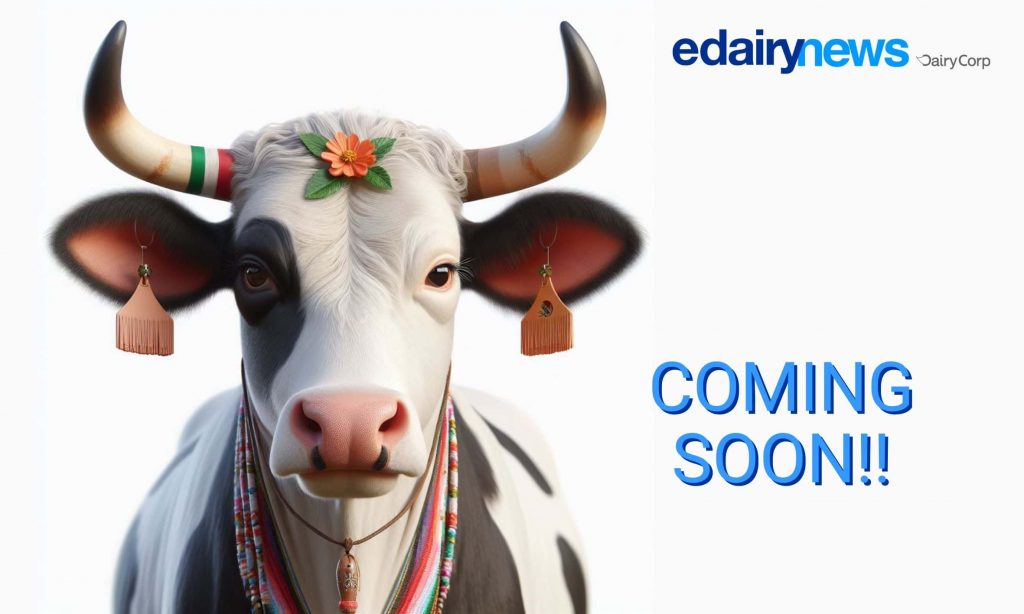The CSO has reported another significant drop in milk supplies in February as poor weather and increased costs continue to depress the sector.
It comes as calls have been made for an urgent convening of the National Fodder and Food Security Committee to examine ‘worst-case scenarios’ amid forecasts suggest unsettled weather will continue into next week.
The Domestic Milk Intake by milk processors and co-ops was estimated to decrease of 50.6 million litres (-13.3%) when compared with February 2023 and down 37.1 million litres (-10.1%) when compared with the same month in 2022.
The milk intake for the year to date is estimated to have declined of 82.5 million litres 14.7% when compared with the same period in 2023, and down 13.0% when compared with January to February 2022.
The collapse in milk volumes comes after months of poor weather, which is causing major challenges across the farming sector.
Worryingly, conditions in March worsened, and it is likely that another fall in milk production will be reported next month.
Declining milk production also comes amid significant regulatory changes and uncertainty in the dairy sector, with farmer confidence described as being at an all-time low by many representatives in recent months.
The significant decline in milk production in recent months will also concern the processing industry, which has spent significant sums expanding its facilities in recent years to accommodate the sector’s expansion after the abolition of milk quotas in 2015.
With forecasts signalling further unsettled weather this weekend and into the start of next week, most now expect dairy farm performance to continue under pressure well into April.
The number of dairy farms out of silage stocks could grow to more than 10pc this week if the weather and ground conditions do not improve, Teagasc’s Joe Patton said last week.
The poor weather has also posed huge challenges for the country’s tillage farmers, with the planting season for key crops at a standstill and with farmers having already encountered poor conditions in the autumn to plant winter crops.
The President of ICMSA, Denis Drennan, has called for a further meeting of the National Fodder and Food Security Committee to prepare – or at least look at ‘worst case’ scenarios – instead of ‘crossing your fingers’ and hoping that the weather improves and gives better prospects.
“ICMSA believes the Committee should reconvene immediately because while we don’t want to panic anybody, we really have to guard against the kind of complacency that actually could cause problems.
“Farmers will have got the latest weather forecasts increasing their concerns; cows still can’t be turned out, fertiliser cannot be spread and we’re already getting worries about adequate fodder for next winter what kind of quality that will be,” he said.
Meanwhile the IFA has said banks and credit unions must make immediate support available to help farmers.
Its National Farm Business Chair Bill O’Keeffe said farmers are under intense pressure due to the continued challenging weather conditions, with cattle housed much longer than planned, vegetable crops unable to be harvested and tillage crops unable to be sown cash flow issues are building on farms.
You can now read the most important #news on #eDairyNews #Whatsapp channels!!!
🇺🇸 eDairy News INGLÊS: https://whatsapp.com/channel/0029VaKsjzGDTkJyIN6hcP1K















